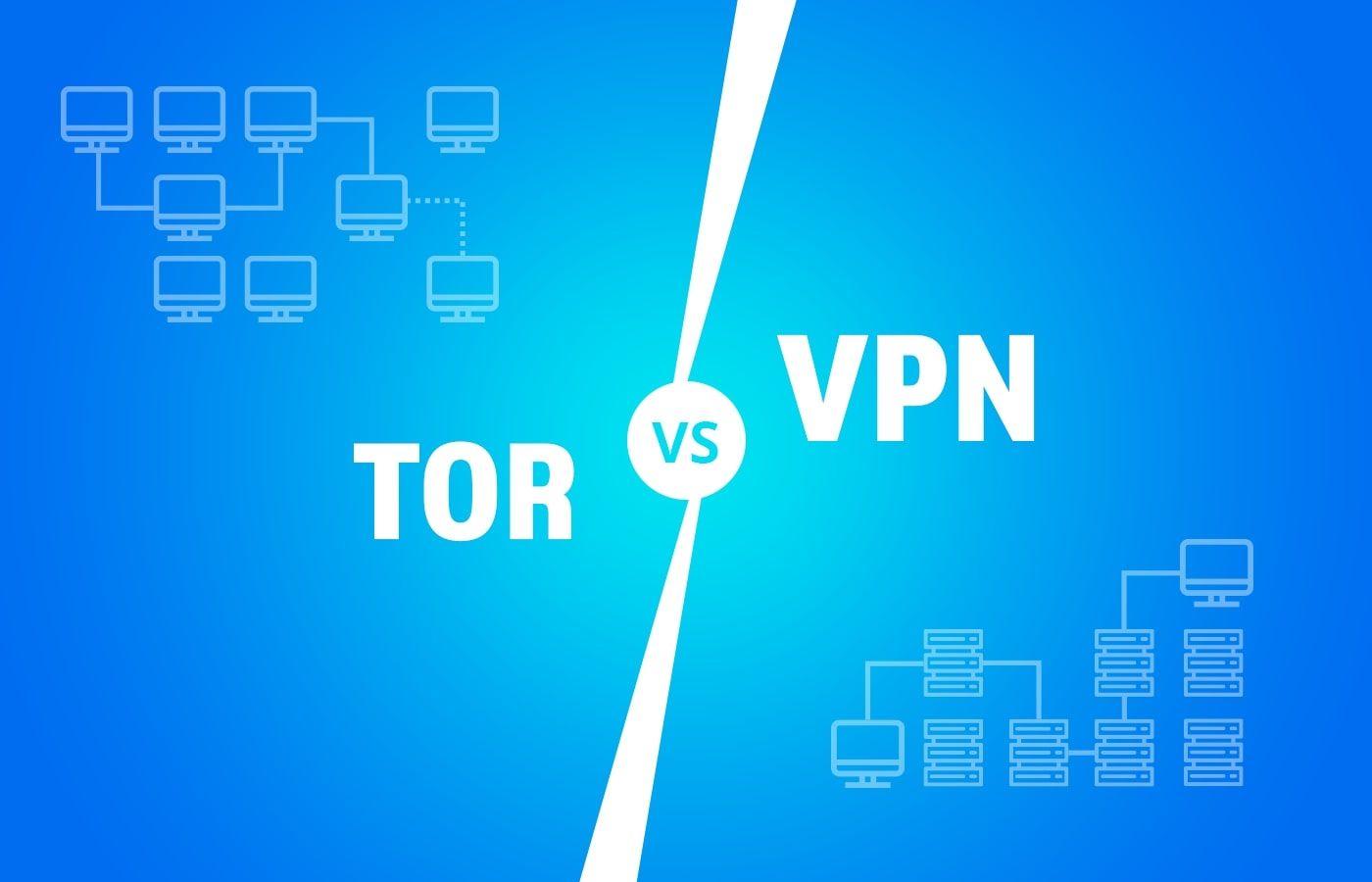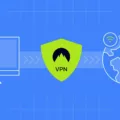When it comes to staying safe and secure online, there are two tools that often come to mind: Tor and VPNs. Both offer a level of privacy and security that can help protect you online. But which is best for your specific needs? Let’s take a look at the differences between Tor and VPNs, so you can make an informed decision.
To start off, both Tor and VPNs offer encryption services. This means that when you access the internet through either of these tools, your data is encrypted so that third parties cannot decipher it. Additionally, they both provide anonymity when browsing the web by obscuring your IP address from prying eyes.
So what’s the difference? Well, one of the main differences between Tor and VPNs is how they route your data traffic. With a VPN service, you connect to a server provided by the service provider which encrypts your data before it is sent over the public internet connection. However, with Tor, your data is routed through multiple network nodes before reaching its destination. This helps ensure that no single node knows where your traffic originated from or where it’s going to end up.
Another benefit of using Tor is that it provides access to websites even when they are blocked in certain countries or on certain networks such as corporate or school networks. On the other hand, with a VPN you may not be able to access certain websites due to censorship laws in some countries.
Finally, one of the main advantages of using Tor over a VPN is that when you use Tor, your VPN service will not be able to see what websites you visit inside the network. This means that if you want complete privacy while browsing online then Tor may be better suited for your needs than a traditional VPN service which can still potentially log some information about its user’s activities while connected to their servers.
both Tor and VPN services provide encryption and anonymity when browsing online but there are some differences between them in terms of how they work and what benefits they offer users. For those seeking complete privacy or who need access to restricted sites in certain countries then using Tor may be more suitable than using a traditional VPN service – however for those who don’t mind having their activities logged or who only need basic protection than using a reliable VPN might be enough for their needs.

Should I Use a VPN in Conjunction with Tor?
It depends on your individual needs and situation. Generally, if you are using Tor for anonymity and privacy, you should not use a VPN in conjunction with it. This is because a VPN can add another layer of encryption that may hinder the performance of Tor, potentially exposing your IP address. However, if you are an advanced user who knows how to properly configure both services to maintain your anonymity and privacy, then it is possible to use them together. It’s important to keep in mind that there is no single right answer as every individual’s situation is different.
Can Tor Be Used to Track Users?
Yes, you can be tracked with Tor. While your internet traffic is encrypted on the Tor network, your Internet Service Provider (ISP) can still see that you are connected to the Tor network. Additionally, anyone who owns and operates the entry node of the Tor network will be able to see your real IP address. This means that while using Tor can provide some anonymity, it cannot guarantee complete privacy or security from being tracked.
Advantages of Tor Over VPN
The primary advantage of using Tor over VPN is that it provides an additional layer of security and privacy. By routing your traffic through the Tor network, your data is encrypted multiple times as it passes through different nodes, making it much more difficult for anyone monitoring or intercepting your connection to access your data. Additionally, because the IP address of the server you are connecting to is hidden, there is no way for third parties to trace your activity back to you.
Another benefit of Tor over VPN is that it gives users access to the Tor network even in situations where it might otherwise be blocked, such as on corporate or school networks or in certain countries. Additionally, when using a VPN service with Tor, the provider will not be able to see what you are doing inside the Tor network. This adds another layer of privacy and anonymity as your activities remain hidden from your VPN provider.
Does Tor Mask IP Addresses?
Yes, Tor does hide your IP address. Tor is a free open-source software program that you download and install on your computer like a browser, which prevents anyone from tracking your online activity by disguising your IP address. It works by routing traffic through a series of relays, which are operated by volunteers around the world. Each relay encrypts data before sending it to the next relay in the chain, making it virtually impossible for anyone to trace your activity or location. In addition, Tor masks your IP address every time you send or receive data over the Internet, providing an extra layer of privacy and security.
What Not to Use Tor For
You should not use Tor for any activities that require you to reveal your identity, such as online banking or logging into a private account. It is also not recommended to use Tor for any activities related to downloading or uploading copyrighted material, as this can easily lead to legal complications. Additionally, it is important to avoid file sharing programs like BitTorrent over Tor, as the architecture of the Tor network is set up in a way that blocks file-sharing traffic and could put your privacy and anonymity at risk. Finally, it is not recommended to use Tor for any activities that would require you to enter sensitive information or passwords, as this could lead to your data being compromised.
Conclusion
In conclusion, using a VPN with Tor can be beneficial for advanced users who understand how to configure it in a way that does not sacrifice their privacy. It is important to note, however, that even when using Tor, your ISP will still be able to see that you are connected to the network. Additionally, because Tor traffic passes through entry and exit nodes, anyone who owns the entry node will see your real IP address. Furthermore, using Tor over VPN provides access to the network even if it is blocked or restricted in certain countries or places like corporate and school networks. Finally, by utilizing Tor over VPN, your VPN service will not be able to view what you are doing inside the Tor network.








